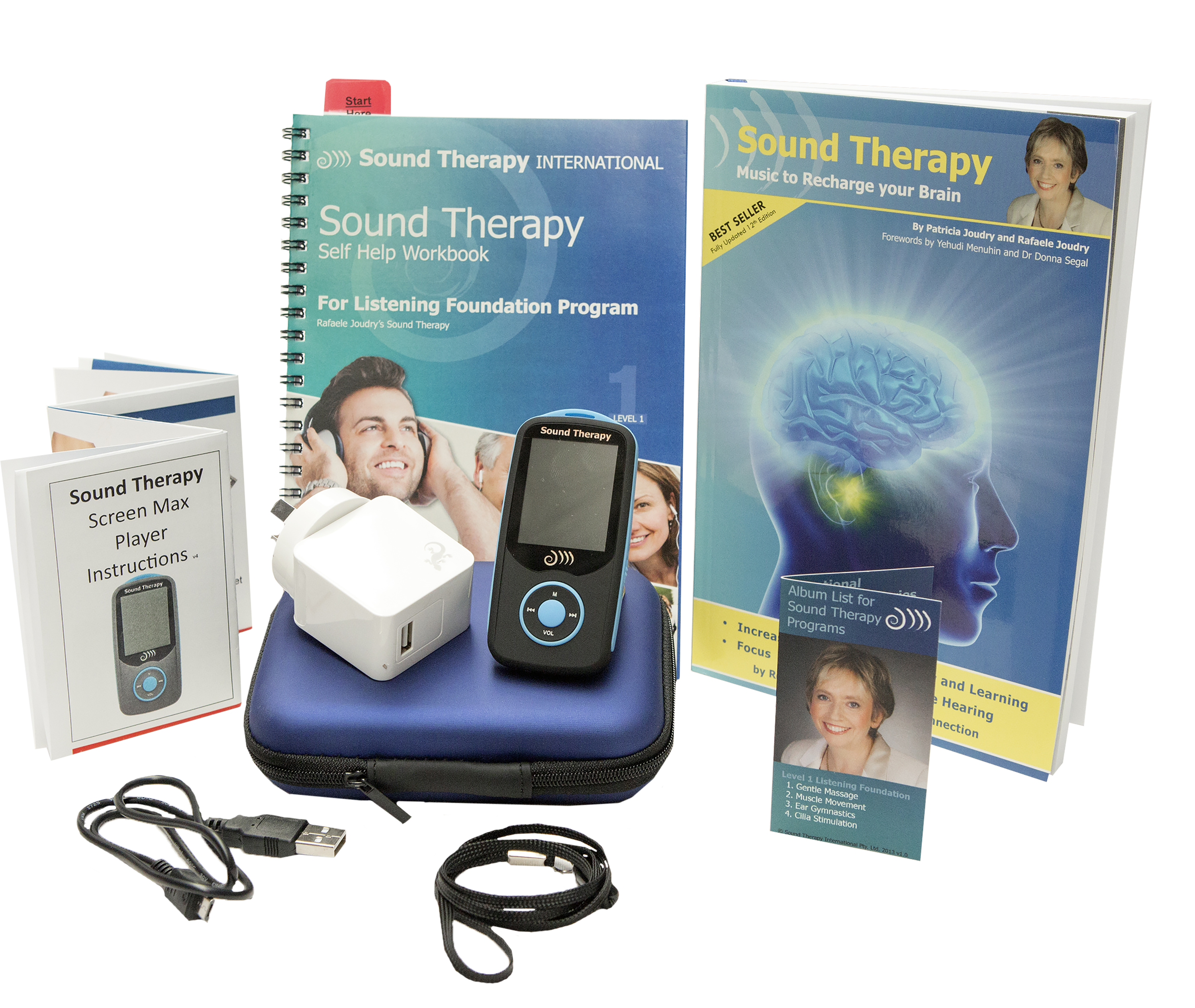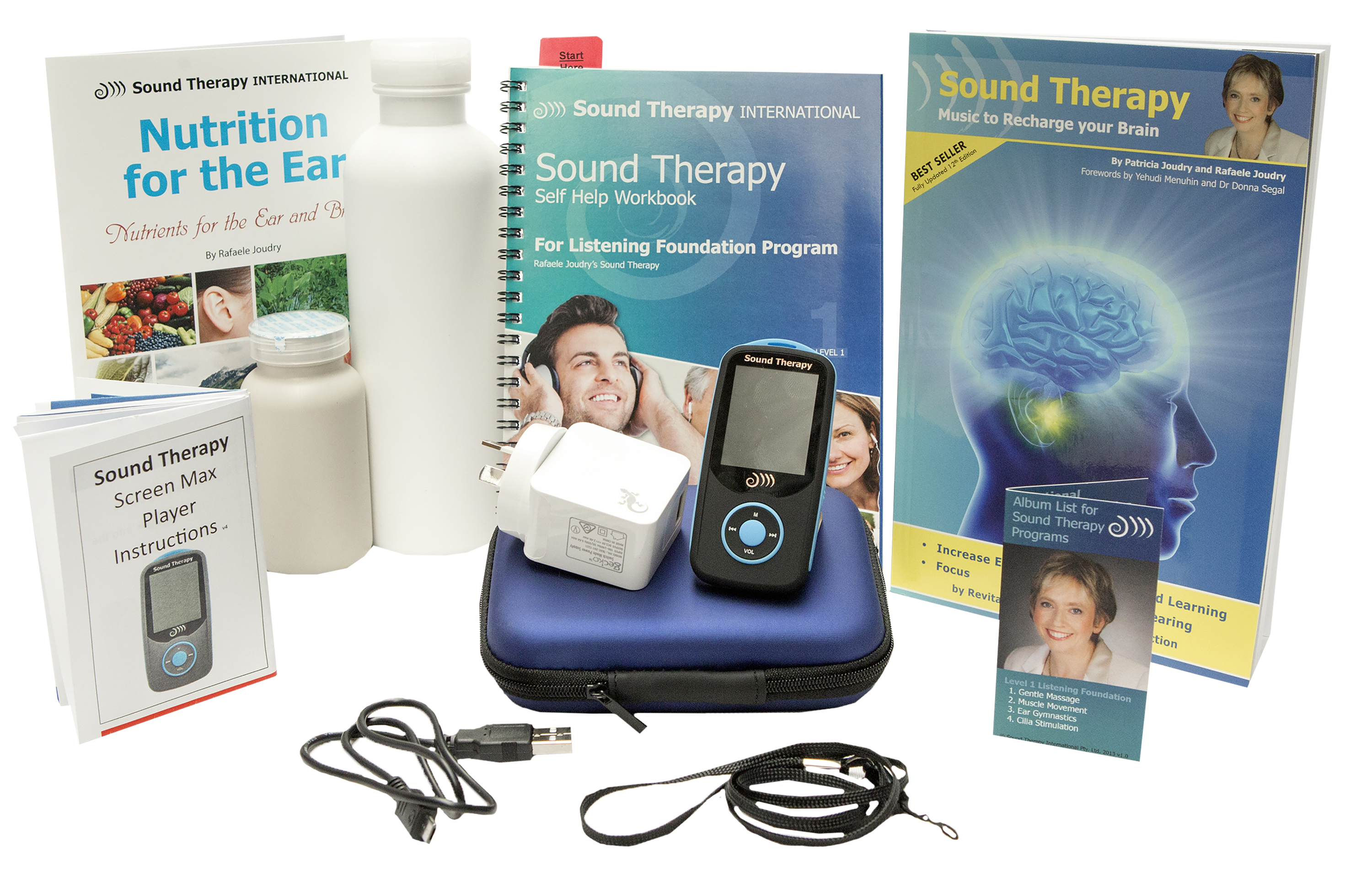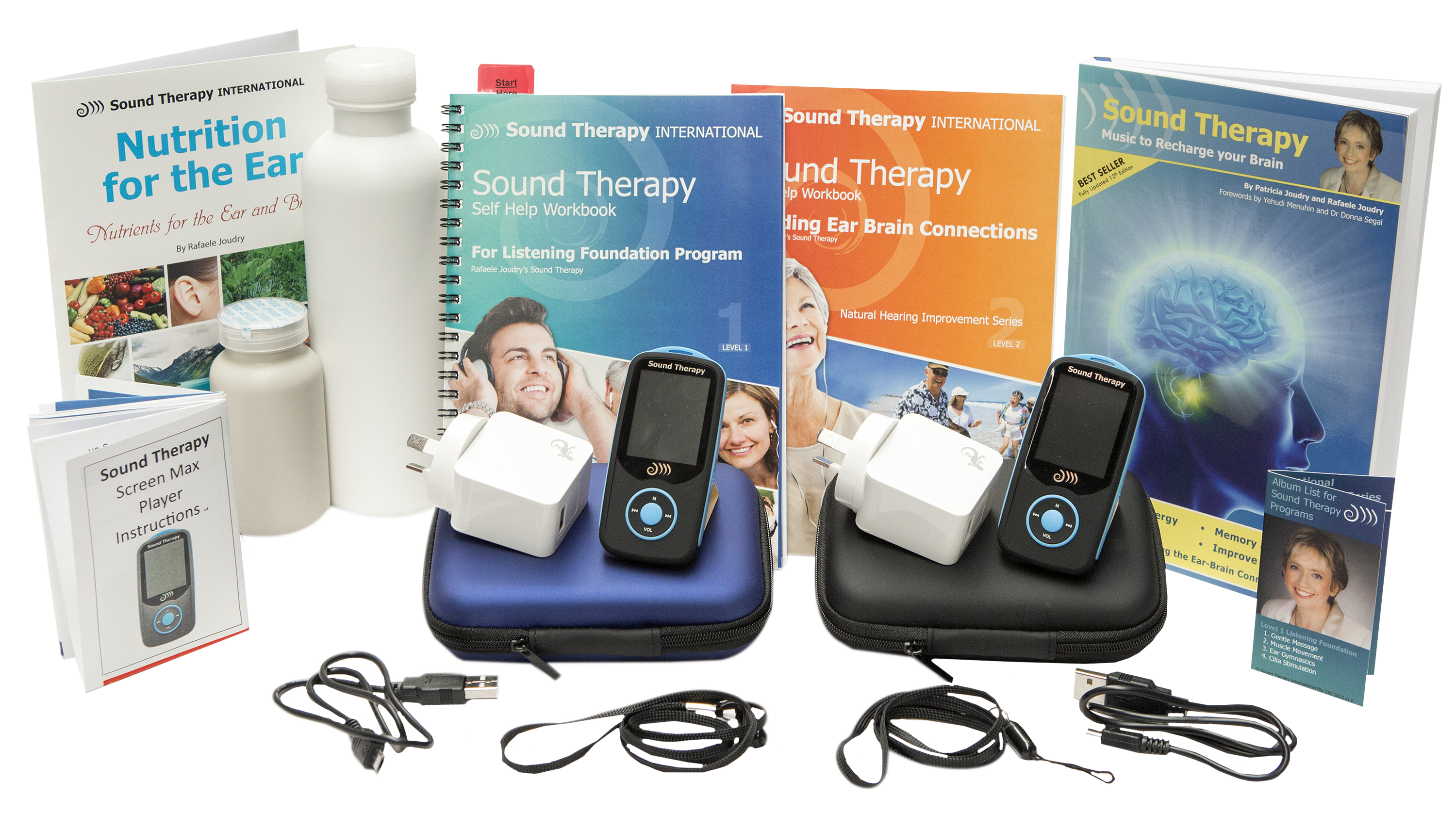Learning Difficulties Linked to Auditory Processing
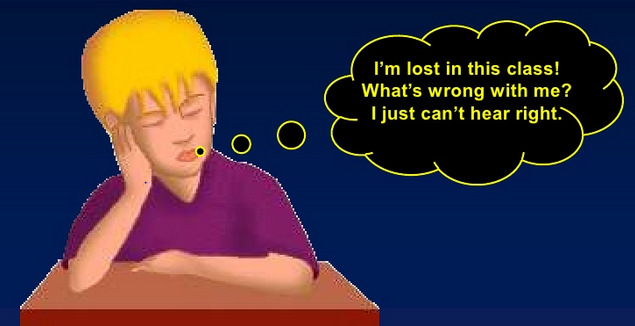
Today it seems that more and more children have learning difficulties, which means they struggle to keep up where they should be progressing with natural ease. Auditory processing is often hard to identify and may be mistaken at first for hearing loss or just not being very bright.
Jeanette told how her son suffered a range of difficulties in his early years.
“He had taken a very long time to walk and he didn’t crawl for very long. With my background in remedial education, I had a feeling, from these early experiences, that we were in for trouble ahead,” she said. Her son had problems with his immunity and a lot of ear infections and there were signs that his coordination and his fine and gross motor skills were not as good as they should be. “The problems became obvious once he started having to show his skills in reading and writing.”
Jeanette described how her son came home one day, when he was in the third grade, at a very caring school, saying that he “felt dumb and stupid”. “I knew that he was in fact a very bright child, but he just couldn’t cope at school,” she explained. She then went on to try many remedial approaches including kinesiology, looking at his diet, occupational therapy as well as speech therapy. “With all the therapies I did see changes for the better,” she said, but he was still struggling to learn and retain information.”
Signs of Auditory Processing Disorder |
||
|
'What?' messages other person for not understanding or reading |
|
After trying many other therapies, Jeanette then looked into sensory integration and auditory processing and how it impacted on listening, comprehension and reading. “I knew that he could not process the sounds of the words,” she said. “He just could not get the information from the hearing mechanism to the brain, which was the auditory processing aspect.”
After a long journey to many practitioners, she started her son on Sound Therapy when he was twelve. Jeanette says about Sound Therapy, “The changes that resulted made every dollar I spent very worthwhile.”
Much evidence points to the fact that learning difficulties are in some way linked to ear function. Therefore, a therapy which improves the ear’s performance is a direct and easy way to assist with learning. Sound Therapy is different from music therapy because it uses specially treated sound, intended to physically improve the way the ear works, as opposed to just using music for an emotional impact.
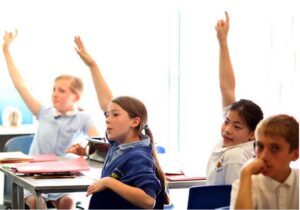
Re-training the Ear
Sound Therapy works by retraining the ear—activating and building brain pathways so the child’s ability to learn is dramatically enhanced.
Connections between the two hemispheres of the brain are strengthened so that thinking and co-ordination improve in many areas. The child’s equilibrium, sense of self-control and selfesteem develop, so naturally, behaviour also improves.
Most importantly, the child’s ability to measure, receive, tabulate and output language is streamlined and normalised.
Successful listening and learning depends on good auditory processing. Auditory processing means the ability to translate the stream of vocal speech sounds into words and meaning, and then recreate those sounds as speech. These are complex skills, and this shows that there is a great deal more than just hearing required for successful use of language.
Describing the changes in her son, Jeanette said “Previously, study had been painstaking and laborious. Now there was a difference. We started doing a remedial reading program and one day he said to me, “Mum I can read that word now.” and I said, “How? What do you mean?” and he said, “I can just see it.” What he was doing was not only “seeing” the word, he was able to hear the sound in his head and connect the sound with the letters on the page and that was the beginning of his true reading.”
Those years were like a nightmare. It was like a bomb that was dropped on us. We were in a lot of shock and denial and anger, because we expected normal happy kids. They were healthy— but the speech and language and learning difficulties were enormous to deal with I had tried many other things, but when the boys were about six, I started Sound Therapy. I noticed that their sentences started getting longer and they started talking to other kids. I used it constantly for more than a year. It helped their studies and helped them to come to a standard where they were not very much below their age level, as they were before. I am convinced it was the Sound Therapy that helped them. After they started speaking more clearly and being able to talk to a few kids at school, that made me feel so much better. I felt confident that at least they have some future because everything involves language.
The boys are fourteen now, everything has changed. My husband is now convinced that it is the Sound Therapy that has changed their language.
Clara Rapp- mother of twin boys
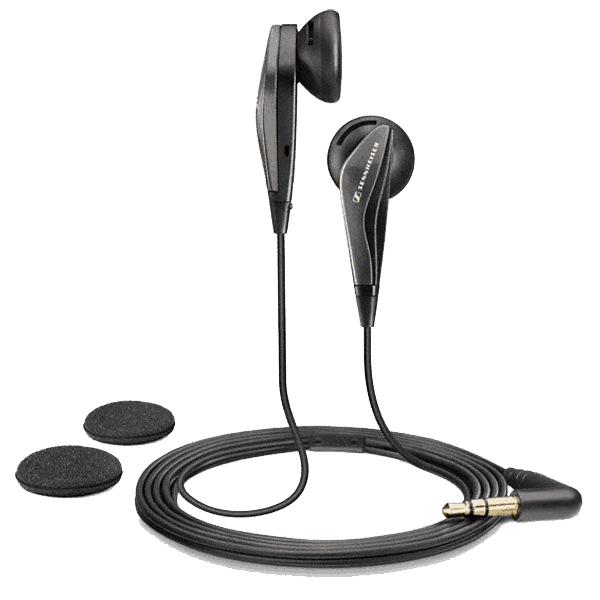
|
or |
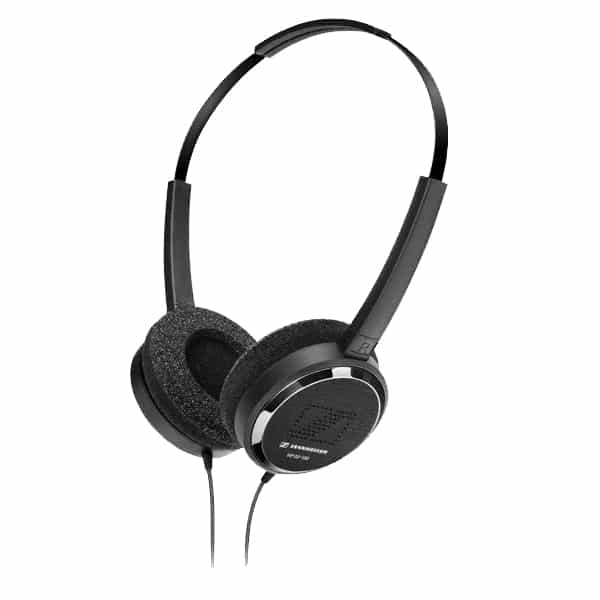
|

|
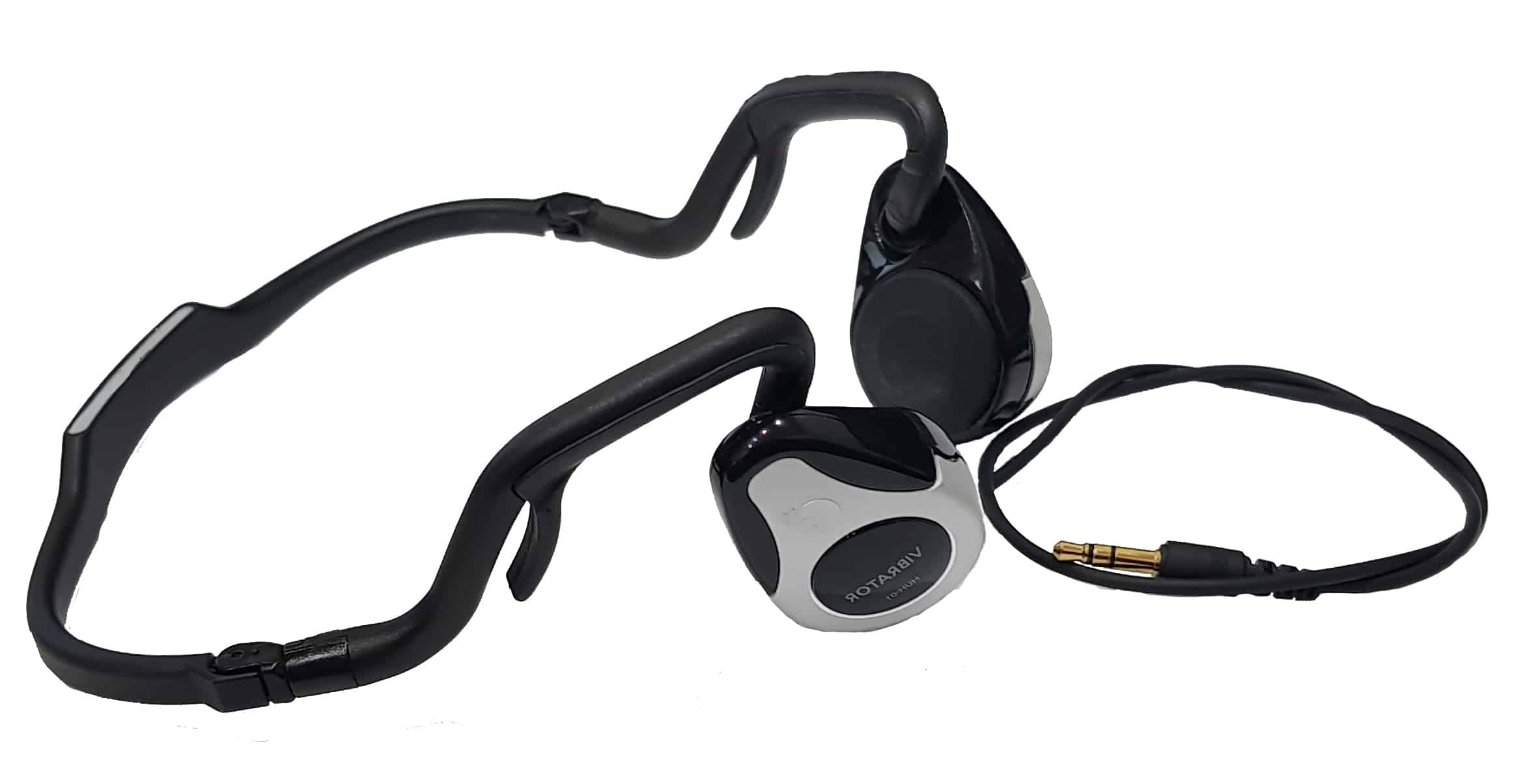
|

|

|
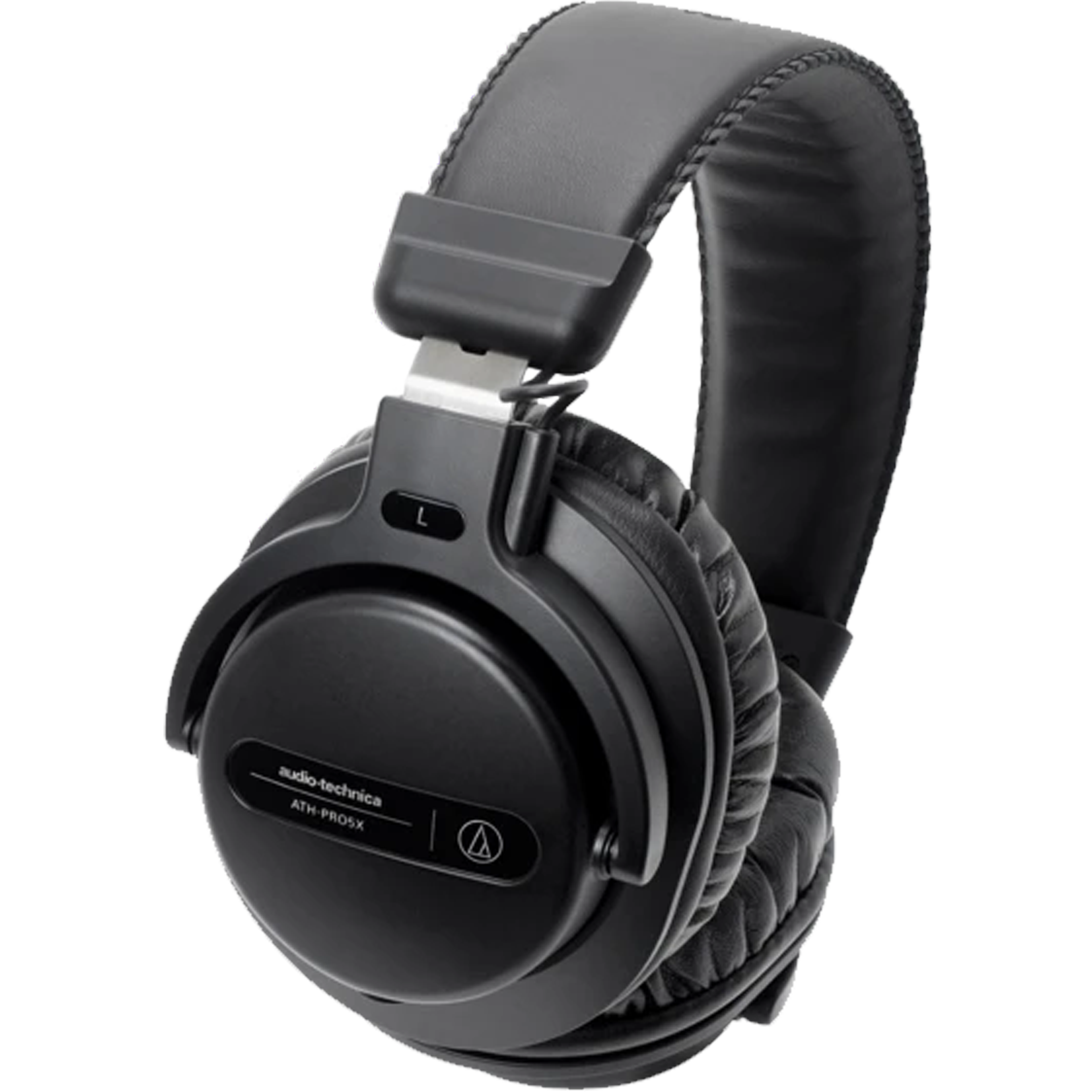
|
| An affordable option with everything you need to get started with Sound Therapy |
| Add the benefits of nutritional support and bone conducted sound to improve your results |
| Contains everything in the Triple Mode package plus our very best headphones and both Level One and Level Two programs. |
SAVE $284
SAVE $430
SAVE $667
Rafaele Joudry
 Rafaele Joudry is an international speaker and author of three books on Sound Therapy. She has been speaking and educating on Sound Therapy for 25 years. Her mission is to make Sound Therapy and the discoveries of Dr. Tomatis widely available to everyone who needs it.
Rafaele Joudry is an international speaker and author of three books on Sound Therapy. She has been speaking and educating on Sound Therapy for 25 years. Her mission is to make Sound Therapy and the discoveries of Dr. Tomatis widely available to everyone who needs it.
Patricia Joudry
 Patricia Joudry dedicated her life to helping others with their personal and spiritual development through her work. In 1984 she discovered Sound Therapy and wrote the original book on her discoveries: Sound Therapy for the Walkman.
Patricia Joudry dedicated her life to helping others with their personal and spiritual development through her work. In 1984 she discovered Sound Therapy and wrote the original book on her discoveries: Sound Therapy for the Walkman.
Sound Therapy
 The great journey of my life has been being able to help many thousands of people to have better ear and brain health for life, through Sound Therapy.
The great journey of my life has been being able to help many thousands of people to have better ear and brain health for life, through Sound Therapy.
Environmental Health
 Today we live in a world affected by many sorts of pollution. Our world is contaminated chemicals. Many diseases are on the rise, including cancer, chronic fatigue, chemical sensitivity and tinnitus.
Today we live in a world affected by many sorts of pollution. Our world is contaminated chemicals. Many diseases are on the rise, including cancer, chronic fatigue, chemical sensitivity and tinnitus.
Healthy Homes
 Toxins from the environment can enter and build up in our bodies, making us sick without knowing why. The products we use in our bathrooms and laundries are one of the biggest culprits.
Toxins from the environment can enter and build up in our bodies, making us sick without knowing why. The products we use in our bathrooms and laundries are one of the biggest culprits.
Living Sustainably
 One of my many passions is sustainable living and living in harmony with our environment. I am part of a project in New Zealand to set up a permaculture village, designed for resilience.
One of my many passions is sustainable living and living in harmony with our environment. I am part of a project in New Zealand to set up a permaculture village, designed for resilience.
call us now!

